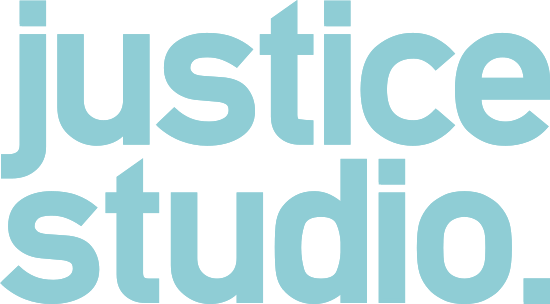UK WORK
Based in London, we work in the UK and internationally in a range of social justice sectors
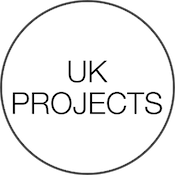
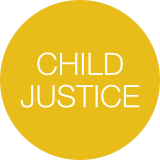
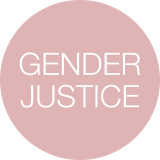


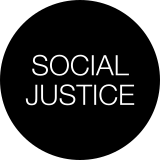


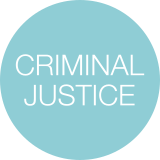


UK WORK
Based in London, we work in the UK and internationally in a range of social justice sectors



We have a long track record working to improve outcomes for disadvantaged children in the UK. Some of our projects include:
  |
We carried out an outcomes and value for money study of the Secure Children’s Homes in England and Wales, helping the Secure Accommodation Network to better define and understand the work they achieve for the children they look after. As well as sensitive consultations with children and staff, this study included a financial analysis of the homes to establish their value for money in comparison to other custodial and community settings for children with complex needs. |
| London Councils wanted to better understand how they could prevent county Lines and the modern Slavery of children. We undertook an extensive media and messaging literature review to identify and examine the leading media sources and ways in which they shape public perceptions of modern slavery and county lines and, with YouGov, a poll with over 1,000 Londoners and the general public across the UK. Delving deepering into public perception through focus groups we developed recommendations on how to better protect young Londoners. | |
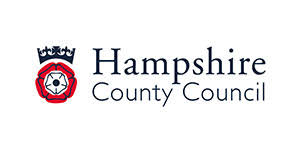  |
We worked with Hampshire County Council’s Wessex Dance Academy in 2013 and again in 2020 to help them assess the outcomes they have achieved for the young people with complex needs. Using qualitative, quantitative and participatory research we carried out an in-depth study of their cohorts of young people as they undertook the intensive dance programme. As a result of our work, Ofsted featured the Academy as an example of good practice re-engaging young people not in employment education or training, having evidenced better outcomes and reduced reoffending rates for the young people on the course. We are very proud to have been part of evidencing the Academy’s impact. |



Our Gender Justice projects in the UK include:
| We carried out a scoping study for Comic Relief onto uncover pioneering examples of feminist action that were successfully empowering women and girls. We carried out a mapping exercise of feminist groups and funders operating in the UK and abroad, and assessed a number of specific examples of good practice, identified successes, as well as barriers and challenges to progress. Our recommendations enabled Comic Relief to take leadership in funding the feminist sector and instigate a more flexible and innovative funding model. | |
  |
Justice Studio carried out rapid pro-bono research for Solace Women’s Aid on the impact of lockdown measures on domestic violence during the 2020 Coronavirus pandemic. We conducted in-depth interviews with women in emergency hostel accommodation in London, as well as semi-structured interviews with Solace staff and management during the UK lockdown. Our findings informed our joint responses to UK government policy consultations. |



Whilst all of our work addresses social justice, here are some examples:
| We are working with the Equality and Human Rights Commission to evaluate the impacts of two formal inquiries related to human rights and protected characteristics in Great Britain: racial harassment in higher education and restraint and seclusion in schools. For both inquiries, we are monitoring media, and parliamentary mentions to track trends as well as interviewing policy, education, and administration and complaints stakeholders | |
| Anthony Nolan commissioned us to undertake research into the experiences of Bone Marrow Transplant patients returning to work. We designed and carried out a survey, held focus groups and telephone interviews with patients, their family members and their employers on their experiences following their transplant. The resulting report was used to support Anthony Nolan’s calls for improved post-transplant care and formed part of the evidence base for their policy work and their support of employers and patients. | |
| During 2016 we worked for the National Autistic Society to evaluate a new initiative: the ‘My Hospital Passport’ which was launched in July 2014 designed to improve communication between patients and families and the health professionals who are treating or caring for them. The evaluation assessed the NAS Autism Hospital Passport’s effectiveness and impact through a survey with autistic people, their families, and healthcare professionals and face-to-face focus groups in secure and medium security health facilities. |



Much of our work has focused on improving the UK criminal justice system. Some of our projects include:
| We assisted the Equality and Human Rights Commission (EHRC) with an Inquiry into the court modernisation process that introduced new technology into Courts in England, Wales and Scotland from 2019-2021. The Inquiry sought to understand the extent to which adult defendants with cognitive impairments, mental health conditions and/or neuro-diverse conditions can participate equally and effectively in criminal proceedings against them. Our work included a legal and literature review, and an extensive mapping and surveying exercise of police, prisons and courts practice across Great Britain. | |
| From 2016 to 2017 we worked with RISE Mutual on an evaluation of their innovative new Whole Prison Approach aiming to deliver outcomes for staff and prisoners within a ‘Reform Prison’. We used a mixed method approach of interviews, questionnaires, pre-and post intervention data captures to measure the achievement of outcomes such as self-esteem, empathy and staff morale. | |
| Justice Studio conducted a scoping study into older people as victims of abuse in the UK for Independent Age. We carried out research, a legal review and a data analysis of all relevant prosecution and sentencing data by victim type, consulted with key stakeholders and undertook a SWOT analysis of possible and potential policy and campaigns work in this area. |
